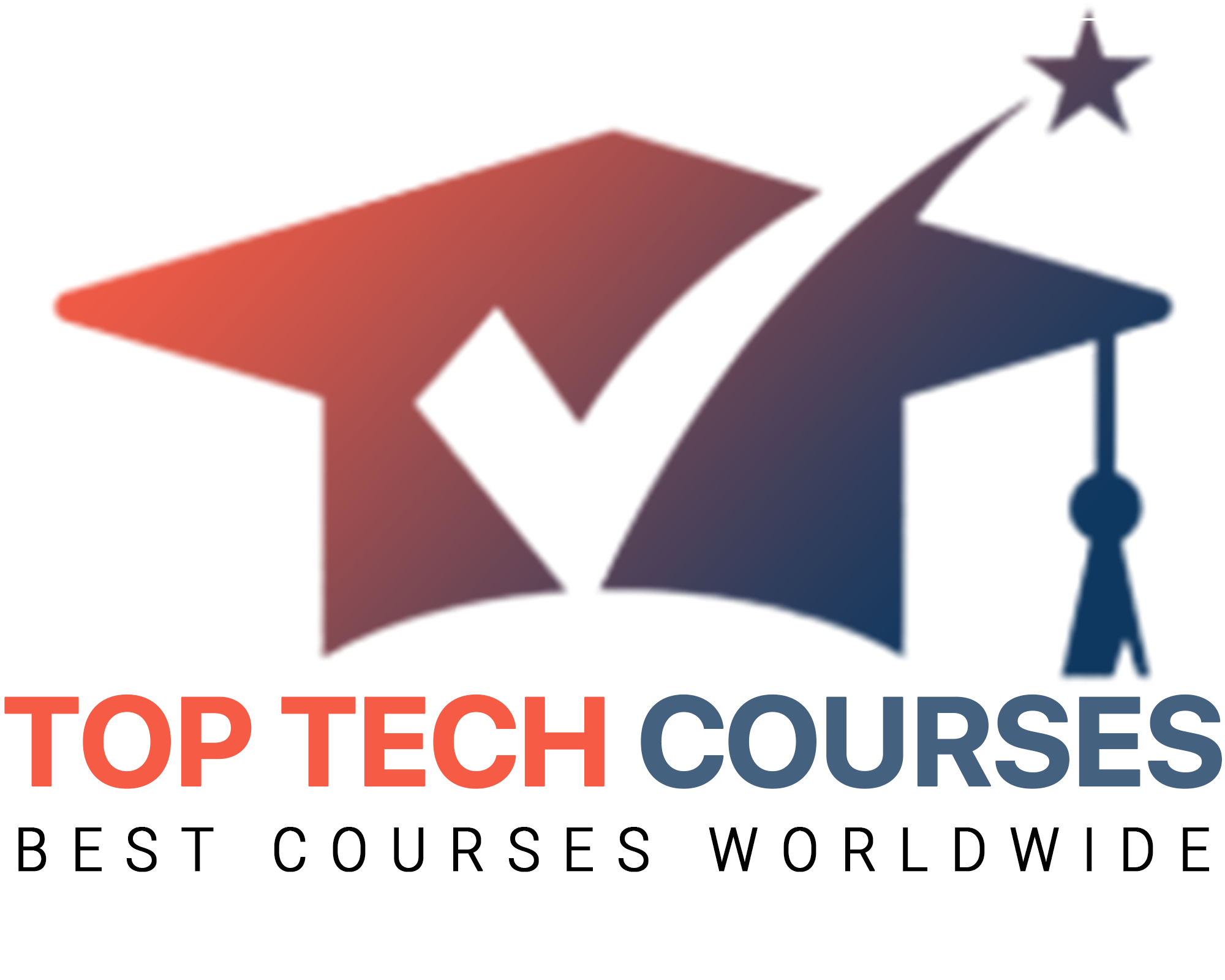
Can Flexible Learning Unlock Lifelong Growth Opportunities?
In an ever-evolving world, the pursuit of knowledge remains a constant. But how do we adapt our learning methods to meet the demands of a rapidly changing society? Enter flexible learning, a concept that promises to unlock lifelong growth opportunities.
With our innovative approach, we enable individuals to custom-tailor their education, breaking free from traditional constraints. From online courses to personalized curriculums, the possibilities are vast.
But is this approach the key to unlocking our true potential? This article delves into the intricacies of flexible learning, exploring its benefits and addressing its challenges. Join us in unraveling this fascinating phenomenon, as we venture into a world of boundless education.
Table of Contents
Why Choose Flexible Learning?
Flexible learning allows individuals to choose when, where, and how they learn. This approach accommodates busy schedules and work commitments while providing opportunities for lifelong growth. Options like online courses, part-time programs, and microcredentials offer the freedom to pursue educational goals at one’s own pace.
This enhances skills, knowledge, and personal development.
Top Flexible Learning Options for Lifelong Growth
According to a study conducted by John Hopkins University, individuals who actively seek continuous learning and embrace lifelong growth tend to have higher levels of job satisfaction and success. The ability to adapt to new challenges and acquire new skills is crucial in today’s fast-paced and ever-changing world. With flexible learning options, such as online courses and part-time programs, individuals can access educational resources and expand their knowledge at their own pace. These opportunities empower individuals to stay relevant in their fields and explore new areas of interest throughout their lives.
Lifelong growth is not limited to traditional classroom settings. Flexible learning options offer a multitude of opportunities to pursue personal and professional development. For example, online courses provide the convenience of learning from anywhere, at any time. This allows individuals to balance their existing commitments while acquiring new knowledge and skills. Additionally, part-time programs offer a flexible schedule that caters to the needs of working professionals, enabling them to enhance their expertise while continuing to excel in their careers. By embracing flexible learning options, individuals can unlock new lifelong growth opportunities and stay ahead in today’s competitive world.
articly.ai tagvoicedrop.ai tag
TopTechCourses: Elevate Your Tech Skills and Propel Your Career
Step into the world of technology and programming with TopTechCourses, a marketplace like no other. With over 10,000 courses offered in Spanish, this online platform is a hub of limitless possibilities.
Unleash your technical prowess and practical skills in web development, data science, artificial intelligence, cybersecurity, and more. Prepare to be captivated as industry experts guide you through this immersive learning experience at various levels.
And that’s not all! Each student receives an industry-recognized certificate upon completing their training program. With TopTechCourses, conquer new horizons and propel your career in the ever-evolving tech industry.
Oozing with flexibility, this unique platform assures lifelong growth.
Frequently Asked Questions
Flexible learning refers to an education approach that allows learners to have control over how, when, and where they learn. It allows individuals to choose the time, place, and pace of their learning, accommodating their personal needs and preferences.
Flexible learning offers various benefits, including the ability to balance work, family, and education; the opportunity to learn at one’s own pace; increased accessibility for individuals with disabilities or limited mobility; and the chance to learn in a way that suits one’s learning style and preferences.
Flexible learning can benefit individuals at any stage of life, including students, employees, professionals, parents, and retirees. It offers opportunities for lifelong learning, helping individuals acquire new skills, update their knowledge, and adapt to changes in their personal and professional lives.
There are various types of flexible learning, including online courses, distance learning, blended learning (combining online and in-person instruction), self-paced learning, microlearning (short, focused learning modules), and competency-based education (progressing based on demonstration of knowledge and skills).
Flexible learning cannot fully replace traditional education, as there are certain aspects of in-person instruction and face-to-face interactions that are valuable for learning. However, flexible learning can complement traditional education by offering alternative options and enhancing the learning experience.
Some challenges of flexible learning include self-discipline and motivation, time management, potential lack of social interaction and networking opportunities, and the need for reliable internet access and technological proficiency. However, these challenges can be mitigated with proper planning, support, and resources.
Employers can benefit from flexible learning by encouraging their employees to engage in lifelong learning, enhancing their skills and knowledge. This can lead to improved employee performance, increased productivity, and a more adaptable and competitive workforce.
Yes, flexible learning can be applied to various fields and subjects. Whether it is academic disciplines, professional skills, or personal development, the principles of flexible learning can be tailored and adapted to meet the specific needs and requirements of different fields.
To get started with flexible learning, individuals can explore online platforms that offer flexible courses and programs, such as Massive Open Online Courses (MOOCs) or online degree programs. They can also reach out to educational institutions or employers to inquire about flexible learning options and resources.
Conclusion
In an era marked by rapid technological advancements, the traditional model of education is being challenged and reimagined. As a result, flexible learning options have emerged to accommodate the demands and aspirations of lifelong learners.
From online courses to microcredentials and virtual reality simulations, the possibilities for personal and professional growth seem limitless. Lifelong learners can now tailor their educational journeys to fit their unique schedules and interests, breaking away from the restrictions of time and location.
This new era of flexible learning options not only provides convenience and accessibility but also fosters a sense of empowerment and self-directedness. By embracing these innovative approaches, individuals can unlock their full potential, pursue new passions, and remain intellectually curious throughout their lives.
The journey of lifelong growth has become more exciting and dynamic, inviting individuals to explore, experiment, and embrace the power of education in an ever-evolving world. The future is here, and it is flexible.





